
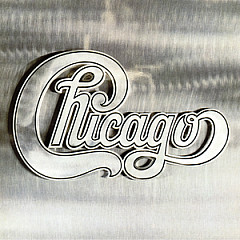
The title "25 Or 6 To 4" by Chicago refers to the time it was written: either 25 minutes to 4 (3:35) or 26 (3:34).
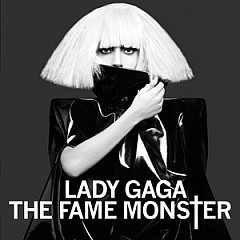
The French part in Lady Gaga's "Bad Romance" translates to: "I want your love and I want your revenge."

Jimmy Webb was inspired to write "Up-Up and Away" by a balloon that his friend William F. Williams flew on promotions for radio station KMEN.

Jon Bon Jovi earned his first movie credit - Young Guns II - by writing "Blaze Of Glory" for the film.
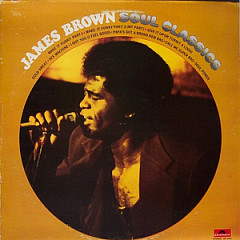
James Brown's "Get Up (I Feel Like Being a) Sex Machine" was the first Hot 100 hit with the word "sex" in the title.
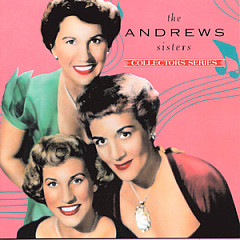
The '40s hit "Rum and Coca-Cola" is really about American soldiers soliciting prostitutes in Trinidad.
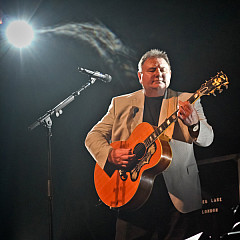
Greg talks about writing songs of "universal truth" for King Crimson and ELP, and tells us about his most memorable stage moment (it involves fireworks).
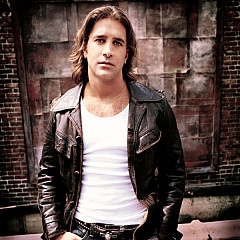
The Creed lead singer reveals the "ego and self-fulfillment" he now sees in one of the band's biggest hits.

Psychedelic Furs lead singer Richard Butler talks about their first album since 1991 and explains what's really going on in "Pretty In Pink."

Elvis, Little Richard and Cheryl Cole have all sung about Teddy Bears, but there is also a terrifying Teddy song from 1932 and a touching trucker Teddy tune from 1976.
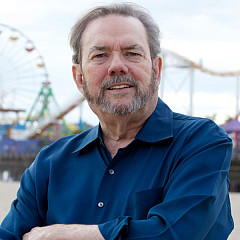
Webb talks about his classic songs "By the Time I Get to Phoenix," "Wichita Lineman" and "MacArthur Park."
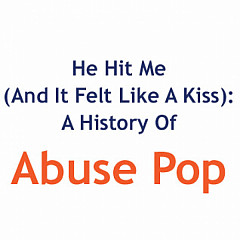
Songs that seem to glorify violence against women are often misinterpreted - but not always.